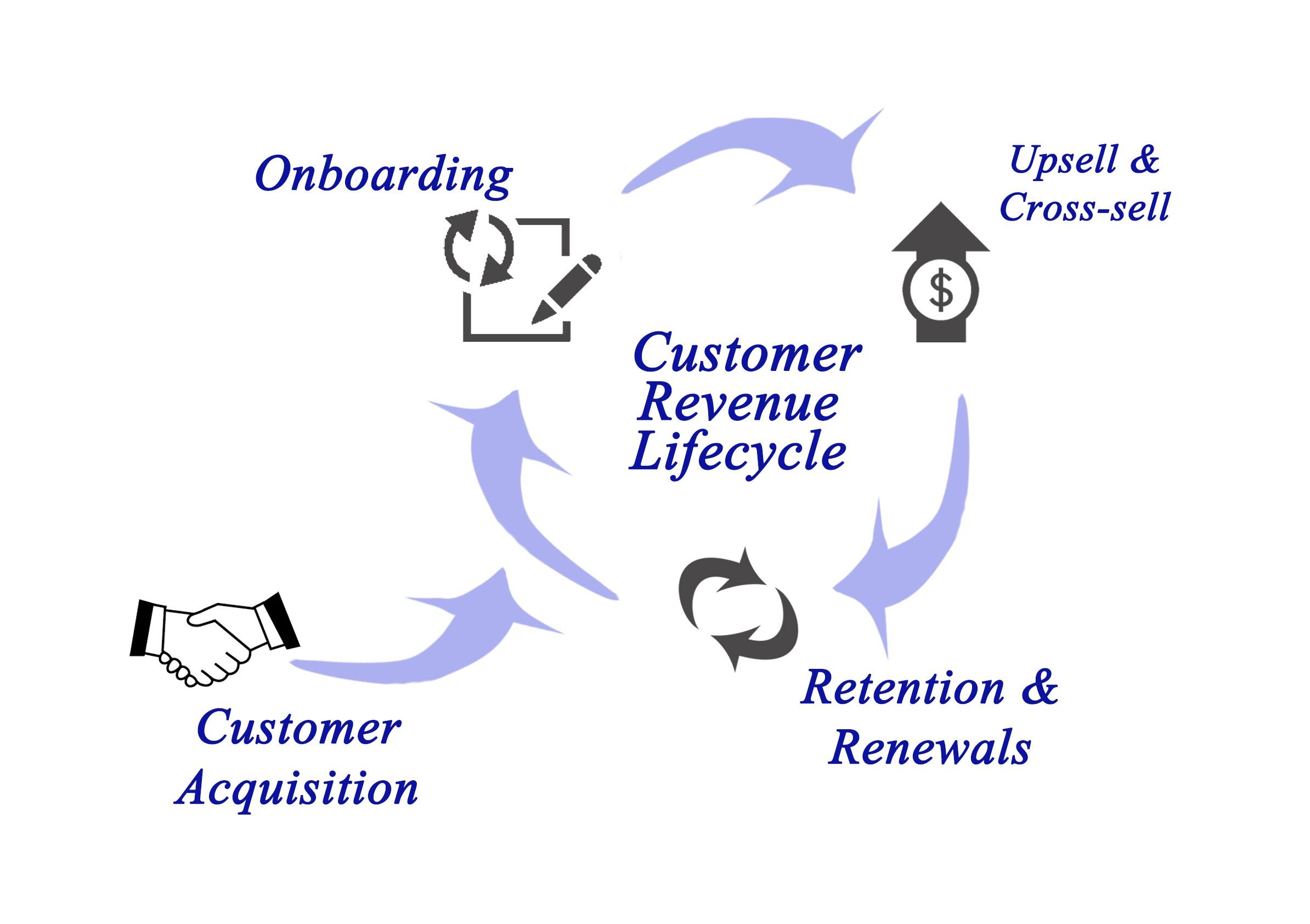The Securities and Exchange Board of India (SEBI) has always been the regulatory body regulating the capital market in India. Recently, they further expanded SEBI’s mandate to include regulation of virtual currencies as well. The move aimed to curb illicit activities associated with cryptocurrencies, such as money laundering or terrorism financing.
This blog post discusses SEBI’s changes and their implications for investors and exchanges dealing in crypto-assets. It also provides an overview of how these new regulations will help protect stakeholders like retail investors who might not be aware of the risks involved in digital assets.
What were the changes made by SEBI?
The amendments help bring these unregulated entities under the purview of India’s central banking institution. These entities will now have to follow a host of new rules and regulations under the Prevention of Money Laundering Act (PMLA), with several other inclusions.
Most notable among these inclusions are:
- A ban on banks from doing business with exchanges until they have obtained an appropriate license from SEBI
- Required registration of all exchanges/companies are providing such services
- A minimum KYC (Know your customer)/ AML (Anti Money Laundering) regimen for all accounts and transactions
What does it signify for investors in the Indian Crypto Mark?
The amendments made by SEBI will make it harder for unregulated entities to operate in India and provide a massive boost to the legitimacy of exchanges that SEBI already regulates.
For retail investors, trading on a regulated platform will mean:
- Increased transparency in the market
- Strict adherence to anti-money laundering measures by exchanges/companies providing such services
With India’s large population supporting the government’s ambition to increase investors’ transparency and safety, SEBI has taken significant steps to make the country a safer place for retail investors.
How will these regulations help protect retail investors?
Retail investors unprotect in crypto markets due to a lack of clear guidelines. SEBI’s regulation aims to protect these consumers by curbing illicit activities associated with cryptocurrencies, such as money laundering or terrorism financing. One of the significant issues faced by exchanges dealing in virtual currencies is compliance related to Anti Money Laundering (AML) measures.
AML requires businesses to collect KYC details for transactions over a certain amount, making compliance with these regulations extremely cumbersome. SEBI has resolved this issue by requiring exchanges to submit KYC details for any user on their platform regardless of the number of transactions.
Capital markets are the heart of a nation’s economy, where shares/securities are bought and sold amongst investors. If you’re looking for a Capital market course, then look no further! Here at Imarticus Learning, we bring you the best capital market training.
Explore Investment Banking with Imarticus Learning
Through online banking and finance courses, students can learn complicated securities and derivatives, the trade life cycle, and the services of investment banking operations. This 180-hour Banking and finance online course will thoroughly prepare students for banking operations, treasury, and clearing services.
Some course USP:
- This Investment Banking course with placement assurance aids the students to learn job-relevant skills that prepare them for an exciting career.
- Impress employers & showcase skills with a certification endorsed by India’s most prestigious academic collaborations.
World-Class Academic Professors to learn from through live online sessions and discussions. It will help students understand the 360-degree practical learning implementation with assignments.



 Underlying assets are used to find the value of financial instruments. Such instruments are called derivatives. The underlying asset that is used to calculate the value of derivatives can be bonds, stocks, or currency.
Underlying assets are used to find the value of financial instruments. Such instruments are called derivatives. The underlying asset that is used to calculate the value of derivatives can be bonds, stocks, or currency. Conclusion
Conclusion 

 In addition, investment bankers may also advise clients about mergers and acquisitions that could benefit their company’s bottom line.
In addition, investment bankers may also advise clients about mergers and acquisitions that could benefit their company’s bottom line.

 A relationship manager caters to corporate clients like multinational companies or SMEs. An ideal relationship manager should strategize well, be a good listener, communicator, reliable, and have in-depth knowledge of financial markets and
A relationship manager caters to corporate clients like multinational companies or SMEs. An ideal relationship manager should strategize well, be a good listener, communicator, reliable, and have in-depth knowledge of financial markets and  Therefore, it makes even more sense if you have an idea to pursue a specialized course for
Therefore, it makes even more sense if you have an idea to pursue a specialized course for 
 What is the difference between a primary market and a secondary market?
What is the difference between a primary market and a secondary market?

